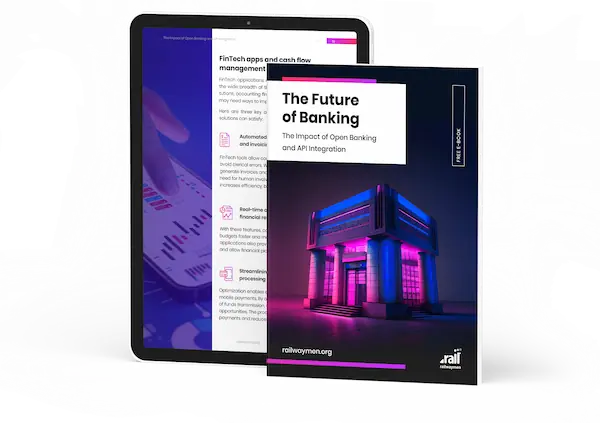Open banking is revolutionizing the payments' industry through the adoption of Variable Recurring Payments (VRPs), offering a range of advantages over traditional methods. VRPs stand to open up enormous opportunities for businesses and consumers, from intelligent savings and overdraft protection, to bill payment efficiencies and enhanced security protocols.
Transforming the Financial Industry with NLP-Powered Chatbots
The financial industry is rapidly adopting chatbots as a means of delivering fast and efficient customer support. Chatbots have proven to be cost-effective and efficient, allowing financial institutions to reduce their operational costs while still delivering a high level of customer service. However, the success of a chatbot largely depends on its ability to understand and respond to customer inquiries accurately. This is where natural language processing (NLP) comes in.
Maximizing Financial Efficiency: Guide to Real-Time Budget Management
Managing budgets in real time can be a daunting task, particularly for businesses and financial teams that operate with multiple accounts, currencies, and permissions. This article will provide a comprehensive guide to the tools and software available to maximize financial efficiency and successfully manage budgets in real-time.
Using Blockchain for Secure and Transparent Payments in FinTech Apps
As the use of FinTech applications becomes more commonplace, many organizations are seeking to move beyond traditional methods of payments and look towards blockchain technology as a means to provide more secure and transparent payments.
How to Create an Intuitive Interface for FinTech App?
Financial technology is an ever-growing industry that provides various services to customers, ranging from personal finance management to investing and trading. As FinTech continues to evolve and become more prevalent in our daily lives, creating an intuitive interface for financial apps is crucial to meet user's expectations and improving user satisfaction.
Integrating open banking APIs with Payment Systems
Open banking has transformed the financial industry by allowing customers to share their financial data with third-party providers securely. Payment systems have advanced dramatically since the advent of open banking APIs. Application Programming Interfaces (APIs) enable the secure and dependable integration of payment systems with open banking services, allowing for faster and more efficient transactions.
How Do We Deal With Authentication Issue when Developing Applications?
The world has seen a boom in the popularity of the financial services industry recently. FinTech companies have transformed the way we manage our money, from mobile banking to online payments. However, as more financial transactions move online, the issue of security becomes more pressing. Authentication is a critical part of internet security in finance.
Plaid vs Tink: Which FinTech Integration is better to choose?
FinTech companies are increasingly opting for external integration because they see many opportunities for their business, especially since the industry is regulated by strict regulations to which they are obliged. Companies see opportunities in expanding the product range, increased productivity, and better service for the potential customer.
Building a Real-Time Payment Processing System for eCommerce
In the era of dynamically escalating technological progress, companies have abandoned traditional payment methods in favor of digital ones. Online and mobile channels dominate the market in the modern world and are the best options for accepting and processing payments, which as a result has earned them a solid position in the eCommerce and payment industry.
Exploring the Benefits of Open Banking for Financial Institutions
The banking industry is evolving with innovative financial solutions aimed at improving the customer experience while delivering benefits to stakeholders. An example of such a solution is open banking, which is quickly taking over the financial sector. With the introduction of Open Banking, the financial industry entered a new era. It has posed a challenge to the old systems while providing numerous benefits to the various parties involved, including businesses, consumers, banks, and financial institutions.















